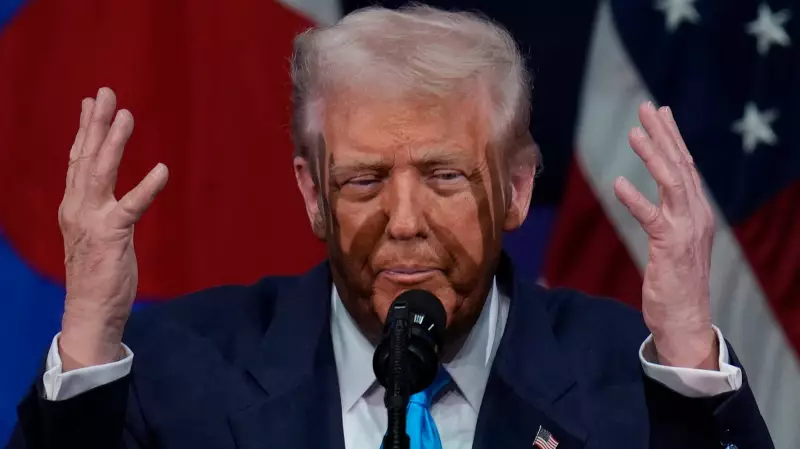
In a remarkable display of bipartisan unity, the United States Senate delivered a sharp rebuke to the Trump administration's trade agenda, voting decisively to block proposed tariffs on Brazilian steel and aluminum imports.
Overwhelming Opposition to Presidential Tariff Plan
The Senate approved the measure by an impressive 69-24 margin, with significant support from both Republican and Democratic lawmakers. This overwhelming vote demonstrates growing congressional concern about the administration's use of national security justifications to impose tariffs on allied nations.
The resolution specifically targets President Trump's controversial plan to levy tariffs of 25% on steel and 10% on aluminum from Brazil, which the administration had justified under Section 232 of the Trade Expansion Act of 1962.
Bipartisan Coalition Challenges Executive Authority
What makes this development particularly significant is the rare coalition that formed to challenge the White House. Republican senators joined their Democratic colleagues in arguing that Brazil—a longstanding ally and strategic partner—does not pose a national security threat to the United States.
Key senators emphasized that punishing Brazil with tariffs could damage important diplomatic relationships and potentially harm American consumers and manufacturers who rely on Brazilian metals for their operations.
Economic and Diplomatic Implications
The proposed tariffs had raised concerns among trade experts and industry leaders about potential retaliatory measures from Brazil, which represents one of South America's largest economies and an important trading partner for American agricultural exports.
This congressional action signals a potential shift in how lawmakers view presidential trade authority, particularly when it involves nations with strong historical ties to the United States. The vote suggests that many in Congress believe the administration's tariff powers should have clearer limitations when applied to allied countries.
What Comes Next in Trade Policy Battle
While the Senate vote represents a significant political statement, the resolution faces an uncertain future. The measure would need to pass the House of Representatives and potentially overcome a presidential veto to take full effect.
Nevertheless, this bipartisan action sends a clear message to the administration that Congress intends to reassert its role in shaping international trade policy, particularly when national security justifications appear stretched beyond their intended purpose.





